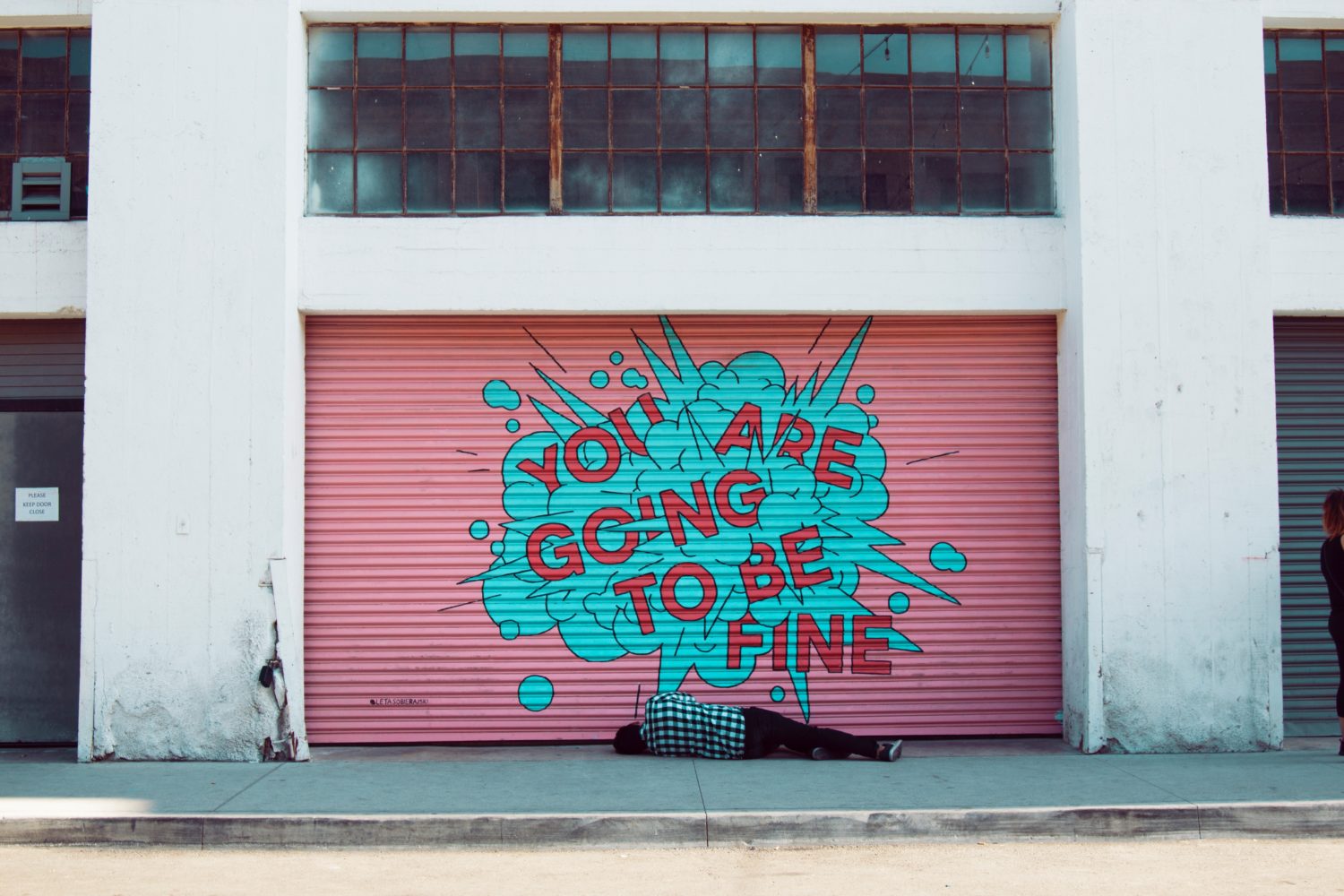
Antidepressants get a bad rap. For some reason, our society likes to stigmatize mental illnesses and drugs that affect the mind. Many people still chalk depression up to people having poor character or complaining too much. Meanwhile, psychoactive drugs are often lumped together under an image of abuse and addiction.
Many of these assumptions are based on myths. If you have just been prescribed antidepressants, hopefully this post will answer questions you may be having.
What’s An Antidepressant?
There are several different classes of antidepressant, each with its own advantages and disadvantages. The newest class is the selective serotonin reuptake inhibitors, or SSRIs. You may recognize brand names of this drug like Prozac, Zoloft, and Paxil. Another class of antidepressant is the serotonin and norepinephrine reuptake inhibitors, or SNRIs. These include Effexor and Cymbalta. A third type is Wellbutrin, an “atypical” antidepressant. All these drugs target neurotransmitters in the brain (i.e. serotonin) based on the theory that mental illnesses like depression and anxiety are caused by neurotransmitter activity.
What Do Antidepressants Treat?
Despite their name, antidepressants aren’t just for depression. Anxiety disorders, obsessive compulsive disorder, and post-traumatic stress disorder can also be treated with antidepressants. Sometimes, antidepressants are used to treat totally unrelated conditions like hot flashes and nicotine addiction.
Do Antidepressants Make You Happy?
Many people assume antidepressants are a “happy pill” that you take when you’re feeling severely depressed. This is a myth. In fact, antidepressants must be taken regularly for several weeks before a patient even notices any changes. Although they may cause physical withdrawal effects if a dose is missed, antidepressants are not considered addictive because they do not produce a “high.”
Different people respond to different antidepressants differently. It’s not uncommon for patients to try several different drugs before they find one that works for them. To be honest, scientists still aren’t certain how antidepressants actually work, but for many people, they provide much-needed symptom relief.
What’s The Difference Between Antidepressants And Anti-Anxiety Drugs?
These two types of medication tend to get mixed up. Unlike antidepressants, anti-anxiety medications – the most common ones are benzodiazepines like Xanax and Valium – are fast-acting and can be taken as-needed for quick relief of anxiety symptoms and panic attacks. However, they can be used recreationally in large doses for their sedative effects, and can be addictive and even dangerous.
Can Antidepressants Really Help Me?
At the end of the day, it’s still your choice whether you wish to take antidepressants or not. Some people prefer – and get better results from – psychotherapy. Others use a combination of psychotherapy and antidepressants to fight their illness, and research suggests that this may be the most effective way to treat depression. Antidepressants can reduce symptoms so you can focus on actively participating in psychotherapy.
You may also want to try other drug-free remedies and lifestyle changes such as:
- Eating a healthful diet and exercising regularly
- Expressing yourself through art, music, and writing
- Socializing, even when you don’t feel up for it
- Meditation and mindfulness exercises
In other words, for many people, taking an antidepressant isn’t the final answer to their problems. They may have to do a lot of hard work outside of medication on their own.
How Can I tell My Family And Friends That I’m Taking Antidepressants?
It really isn’t anyone’s business whether or not you take antidepressants, but sometimes friends and family can benefit from being aware. You may be nervous about telling them, especially if they are biased against mental illnesses. Young people who depend on adults to access medication may also be nervous about discussing their mental health. While there is no one-size-fits-all advice for this, a few tips are:
- Informing your loved ones that you have seen a medical professional and, in their professional opinion, this is an appropriate treatment for you
- Simply asking to see a medical professional (if you are young and depend on your parents for healthcare); perhaps even inviting your parents or guardians to the appointment
- Telling your loved ones that antidepressants make it easier to participate in therapy or other activities that treat depression from a more “active” perspective
- Educating your loved ones on the myths and facts surrounding antidepressants, such as the fact that they are not happy pills that instantly cure you or make you high
How Can I Afford Antidepressants?
Since antidepressants need to be taken regularly, sometimes patients struggle to access them because of the high cumulative cost. This is especially true in countries like the USA where pharmaceutical prices are more loosely regulated than in other countries. If this is you, you can try buying antidepressants online from international and Canadian pharmacies. For example, Canadian pharmacy referral services like Rx Connected and Canadian Med Center offer access to three-month personal supplies of antidepressants like Fluoxetine (Prozac) and Sertraline (Zoloft) at significantly lower prices than in American pharmacies.
An individual’s financial situation can contribute heavily into their mental health, so make sure you prioritize yours. To learn more about mental health medications, visit the National Health Institute of Mental Health website (where research for this article was taken). Lastly, always remember to practice self-care: drink a cup of warm tea, read a chapter from your favorite book, listen to a calming song. Whatever makes you feel better. ☺








